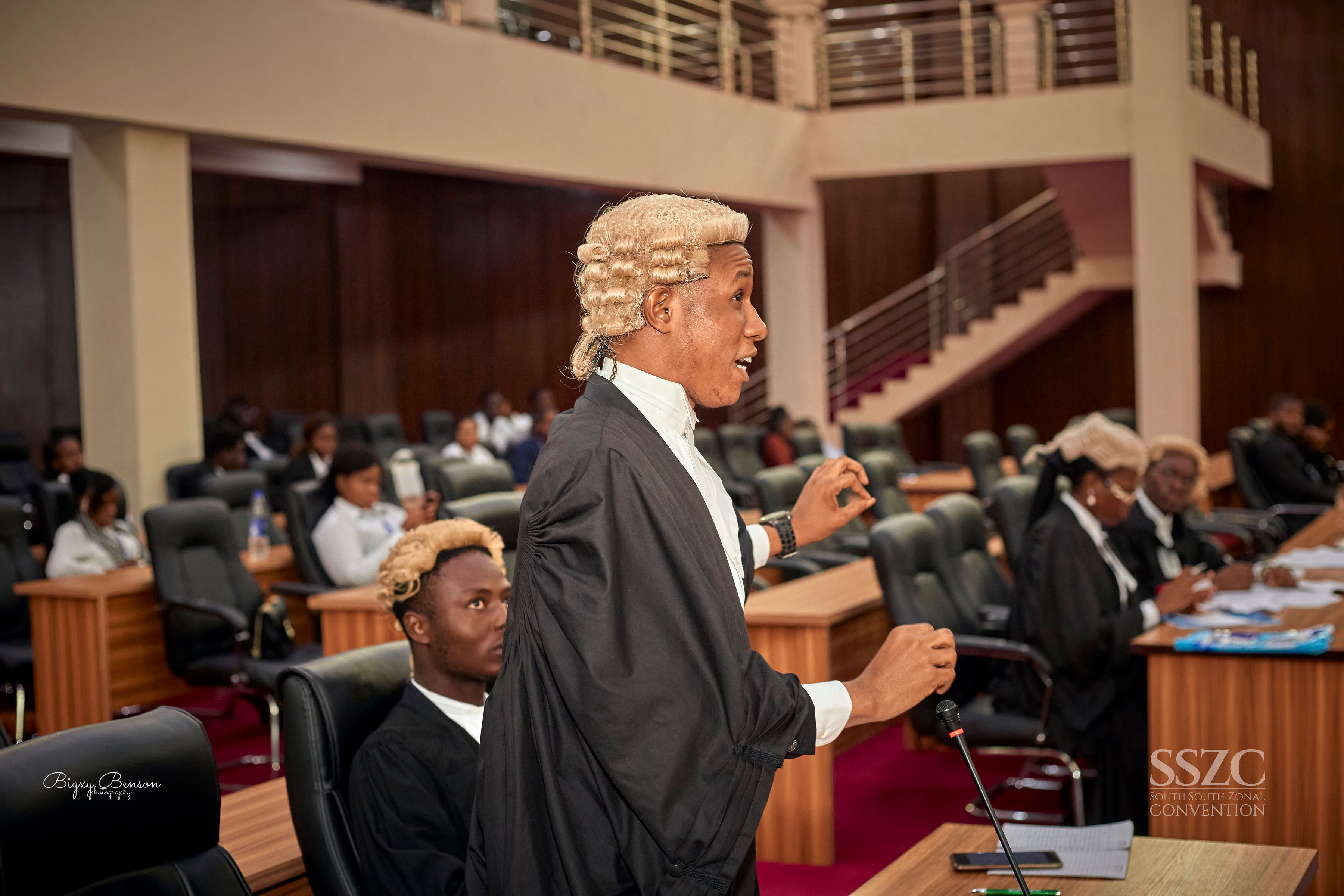

THE LEGALITY OR OTHERWISE OF EXERCISING NOLLE PROSEQUI BEFORE AN APPELLATE COURT IN NIGERIA
WRITTEN BY; GREATNESS EYONSA
(FACULTY OF LAW, UNIVERSITY OF CALABAR)
The Attorney General is usually regarded as the "chief law officer" of the state or the Federation. His office is established by Section 150(1) and 195(1) of the Nigerian Constitution, and his powers are defined in the heart of Section 174 and 211 of the Nigerian Constitution for the Federation and the State respectively.
Accordingly, it is a trite principle of law as entrenched in Section 174(1)(c) and Section 211(1)(c) that the Attorney General of the Federation or the State has the power of "Noelle prosequi". For simplicity sake, Noelle prosequi means the power of the Attorney General to "not" proceed with a matter. In other words, he has the power to discontinue a Criminal proceeding at any stage before any court of law in Nigeria, before final judgement is delivered. See the case of A.G KADUNA STATE V. HASSAN (1985) 2 NWLR (PT.8) 483 (SC); STATE V. ILORI & ORS (1983) 1 SCNLR 94. Also, the Attorney General in exercising these powers shall have regard to public interest, interest of justice and the need to prevent abuse of legal process. See Section 174(3) & 211(3) of the Nigerian Constitution.
However, owing to the fact that the Constitution expressly provides that his power so exercised, can be carried out in "any court of law" in Nigeria, does it necessarily translates to the fact that the Attorney General can as a matter of fact, discontinue a Criminal matter in an appellate court (Court of Appeal or Supreme Court)?
In answering this, it is expedient to understand that there is a thin dichotomy between Criminal Appeal and Criminal proceedings.
In a criminal appeal, whatever transpires at the appellate court is an offspring of the judgement of the lower court, in other words, it is when a party is dissatisfied with the "judgement" of the "lower court", hence, inviting the higher court to review the judgement of the lower court; the practical implication is that, there will be no Appeal, if there is no judgement or ruling, hence, it is safe to say that a judgement or ruling, births an Appeal.
Whereas, a Criminal proceeding on the other hand simply means the entire process of arrest, prosecution, conviction and sentencing of offenders, with the punishments meted out on them. In AUDU V. A.G FEDERATION (2013) 8 NWLR (PT. 1355) (PG. 202) PARAS A-B (SC), the court unequivocally stated that a Criminal proceeding commences when a charge has been read to the accused and it ends when the judge has given final Judgement as to the guilt or innocence of the accused person.
Therefore, it necessary follows that since the Constitution specifically provides for Criminal proceedings and not criminal Appeals, it is, prima facie, limiting his power of Noelle prosequi to only the trial court and does not in any way translates or extends to the Appeal court.
Furthermore, criminal proceedings does not take place at the court of Appeal or Supreme Court. It does not fall within the contemplation of it's original Jurisdiction in Section 232(1) or 239(1) of the Constitution. The fact that these courts serves as "appellate courts" with regards to Criminal matters further cripples the powers of the AG to exercise Noelle prosequi on Appeal. In other words, if Nolle prosequi should be exercised, it ought to be exercised before the delivery of judgement at the trial court.
In sum, the fact that the Constitution provides for "any court of law" in Nigeria, does not mean the Attorney General can exercise nolle prosequi at the appellate court in Nigeria.
Loading comments...
